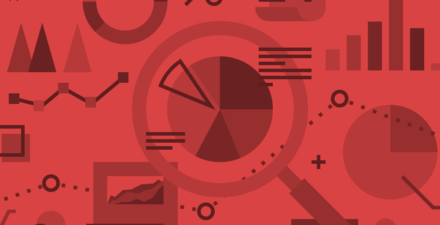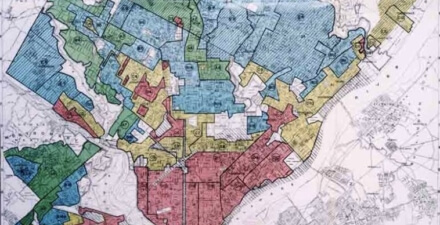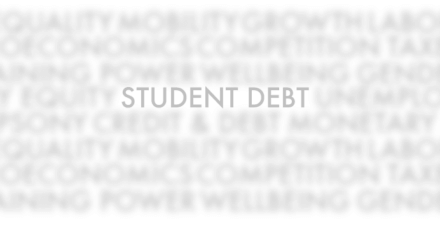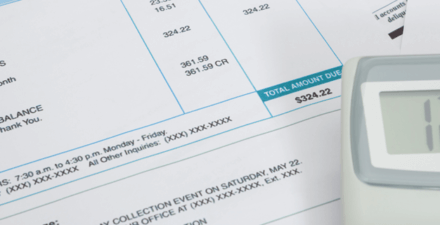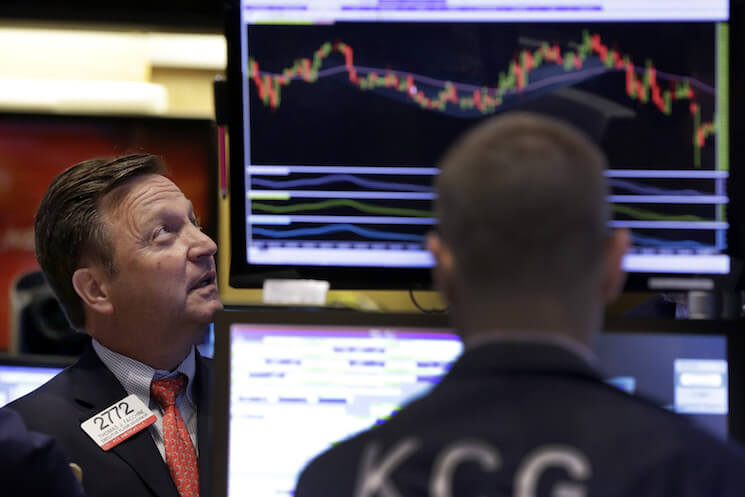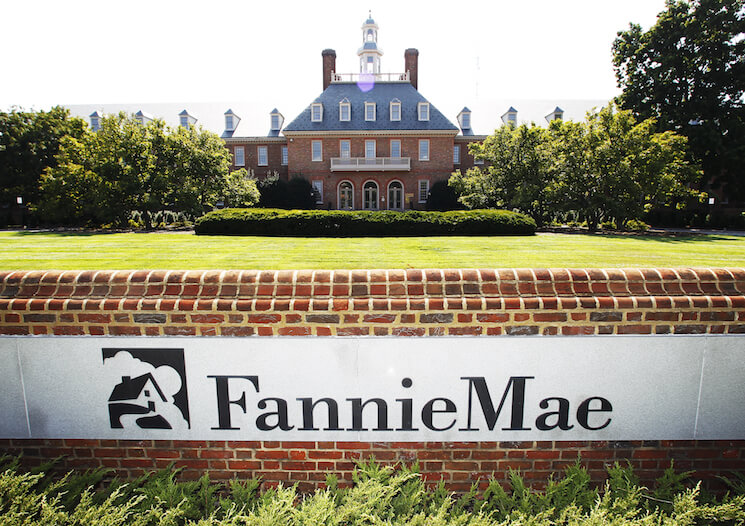Credit and debt play a critical role in U.S. economic fluctuations, and changes in inequality drive changes in both the demand and supply of credit in the economy. Equitable Growth examines the role of credit and debt in the economy and seeks to understand these intersections and understand how best to ensure that the financial sector serves the public interest.
Featured work
A Goldilocks Theory of Fiscal Deficits
June 30, 2022
June 30, 2022
Uncertainty about the size of annual tax refunds hinders the effectiveness of tax-based U.S. redistribution
April 8, 2021
April 8, 2021
The logistics of a reparations program in the United States
February 18, 2020
February 18, 2020
Encouraging banks to serve the credit needs of everyone
February 3, 2020
February 3, 2020
Promote economic and racial justice: Eliminate student loan debt and establish a right to higher education across the United States
February 18, 2020
February 18, 2020
Issue Brief: Household insecurity matters for U.S. macroeconomic stability
May 16, 2018
May 16, 2018
Explore Content in Credit & Debt162
How credit constraints impact job finding rates, sorting & aggregate output
June 7, 2016
June 7, 2016
How important was leverage after the U.S. housing bubble burst?
May 10, 2016
May 10, 2016
Some new stylized facts for a financialized economy
April 21, 2016
April 21, 2016
Understanding debt, inequality and consumption behavior: The U.S. in the 2000s
April 5, 2016
April 5, 2016
What can 5 million households tell us about the impact of credit access on job finding and wage inequality?
April 4, 2016
April 4, 2016
Can reforms to public and private credit provisions bolster social insurance and promote more equitable growth?
April 4, 2016
April 4, 2016
The impact of need-based financial aid reform on the decision to attend college
April 4, 2016
April 4, 2016
How the student debt crisis affects African Americans and Latinos
February 17, 2016
February 17, 2016
Explore the Equitable Growth network of experts around the country and get answers to today's most pressing questions!

